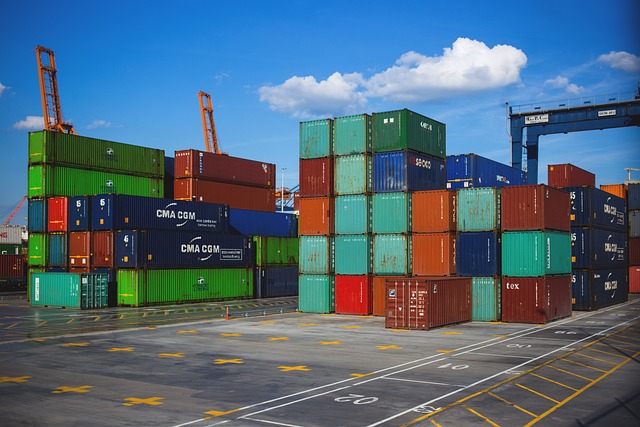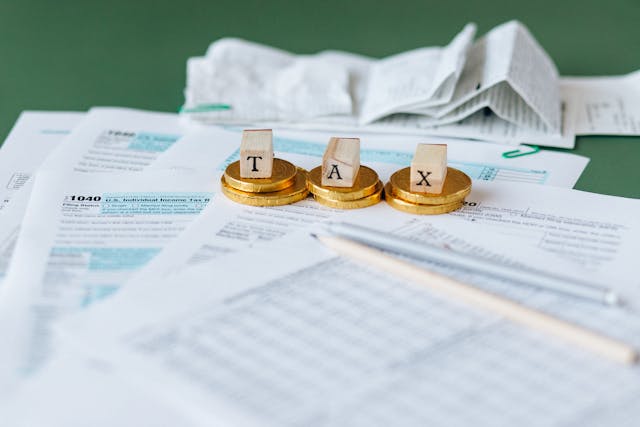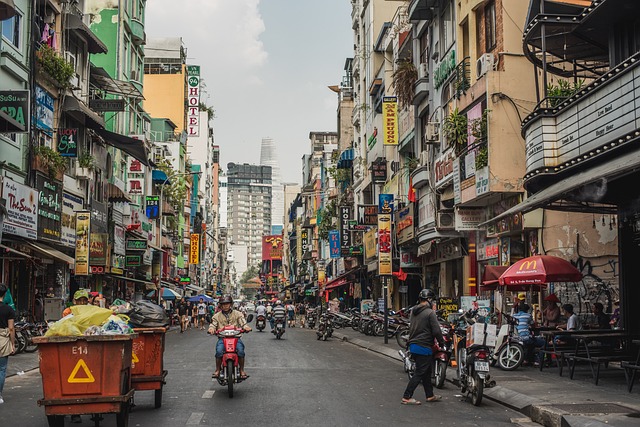Outsourcing Accounting in Vietnam
Outsourcing accounting in Vietnam has become an increasingly popular solution for businesses looking to streamline operations, ensure compliance, and improve financial efficiency. Managing finances is one of the most critical aspects of running a successful business, but keeping up with local accounting regulations, handling tax filings, and maintaining accurate financial records can be both time-consuming and complex. Many businesses, especially foreign companies, struggle to navigate the country’s financial landscape effectively. By outsourcing accounting functions, companies can focus on growth while experienced professionals handle their financial management.
Why Businesses Choose Outsourcing Accounting in Vietnam
Vietnam’s accounting and tax regulations are frequently updated, requiring businesses to stay informed about corporate tax laws, financial reporting requirements, and labor-related obligations. Companies that manage accounting in-house often face challenges such as hiring and training qualified accountants, investing in software, and keeping up with changing legal requirements.
By outsourcing accounting functions, businesses can shift the responsibility to experienced professionals who understand the local financial landscape. This allows them to reduce operational burdens while gaining access to expert financial management services.
Key Benefits of Outsourcing Accounting in Vietnam
1. Cost Efficiency and Reduced Overhead
Hiring and maintaining an in-house accounting team involves significant costs, including salaries, benefits, training, and accounting software. Additionally, companies may need to invest in infrastructure to support accounting operations. Outsourcing accounting in Vietnam eliminates these expenses by providing access to professional accountants at a fraction of the cost of an internal team.
For startups and small businesses, outsourcing provides a cost-effective alternative to building an internal department while still ensuring high-quality financial management. Even larger companies benefit from outsourcing by reducing administrative costs and focusing on strategic financial planning rather than routine accounting tasks.
2. Compliance with Vietnam’s Tax and Accounting Regulations
Vietnam has a complex tax system that includes corporate income tax, value-added tax (VAT), and payroll taxes. Businesses must submit various financial reports and tax filings to remain compliant with Vietnamese regulations. Any mistakes or delays in filing taxes can lead to penalties, fines, or legal complications.
By outsourcing accounting to professionals familiar with local laws, companies can ensure compliance with government requirements and avoid costly errors. Accounting firms stay up to date with regulation changes and help businesses navigate legal obligations with ease.
3. Accurate Financial Records and Reporting
Maintaining precise and up-to-date financial records is essential for businesses to make informed decisions and demonstrate financial stability to investors and partners. Outsourced accounting firms use advanced accounting software and best practices to ensure accuracy in financial reporting.
With reliable financial data, businesses can assess their profitability, track expenses, and prepare for audits without concerns over miscalculations or compliance risks. Having accurate records also helps companies identify potential cost-saving opportunities and areas for financial improvement.
4. More Time to Focus on Core Business Growth
Accounting tasks, including bookkeeping, tax calculations, and financial audits, require significant time and effort. Business owners and executives who manage these functions internally often find themselves distracted from core business operations.
By outsourcing accounting in Vietnam, companies can redirect their focus toward business development, customer acquisition, and market expansion. This increased efficiency allows businesses to optimize their resources and drive long-term growth.
5. Scalability and Flexibility
Business needs change over time, and financial requirements may vary depending on company growth, market fluctuations, or new regulations. An outsourced accounting firm offers flexibility by adjusting its services based on a company’s evolving needs.
For example, a company entering a rapid expansion phase may require additional support with tax planning and payroll management. Conversely, during slower periods, businesses may need to scale back services. With an outsourcing partner, companies can access the right level of financial support at all times.
6. Expertise in Industry-Specific Accounting
Different industries have unique financial requirements, and an experienced accounting firm understands the nuances of various sectors. Whether a business operates in manufacturing, retail, technology, or services, outsourcing provides access to professionals who specialize in industry-specific accounting.
These experts offer valuable insights on tax incentives, financial forecasting, and cost management tailored to specific business models. Their knowledge ensures businesses remain competitive while optimizing financial strategies.
How to Choose the Right Partner for Outsourcing Accounting in Vietnam
Selecting a reliable accounting firm is essential to fully benefit from outsourcing. Here are key factors to consider when choosing an outsourcing partner:
1. Experience with Vietnamese Accounting Regulations
A firm with in-depth knowledge of Vietnam’s tax laws and financial reporting standards will ensure compliance and accurate financial management. Experience handling businesses similar to yours is an added advantage.
2. Comprehensive Range of Services
From bookkeeping and tax preparation to financial analysis and payroll management, businesses should choose a firm that offers end-to-end accounting solutions. Having a single provider for all financial needs simplifies processes and ensures consistency.
3. Strong Reputation and Client Reviews
Checking an accounting firm’s reputation through client testimonials and industry recommendations helps businesses select a trustworthy partner. A firm with positive feedback and a proven track record is more likely to deliver high-quality service.
4. Advanced Accounting Technology and Security Measures
Using modern accounting software improves accuracy and efficiency. Additionally, businesses should ensure that an outsourcing partner follows strict security protocols to protect sensitive financial data.
For businesses looking for comprehensive financial management support in Vietnam, it’s crucial to partner with an accounting firm that understands both local and international accounting standards. A well-structured approach to outsourcing ensures companies remain financially stable while navigating Vietnam’s business environment with confidence.
Key Takeaways
Outsourcing accounting in Vietnam is a strategic decision that enables businesses to reduce costs, improve financial accuracy, and maintain compliance with local regulations. With professional accounting support, companies can focus on expansion, profitability, and long-term sustainability without the burden of handling complex financial tasks.
For a broader understanding of accounting services in Vietnam, including regulatory compliance and financial management strategies, businesses can explore further insights on accounting firms in Vietnam.









